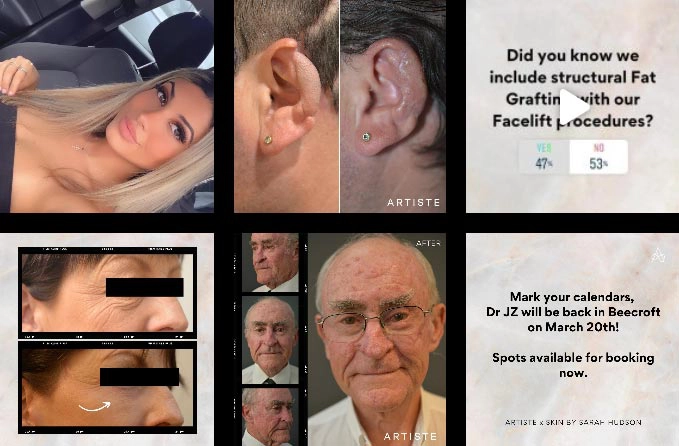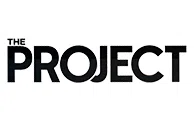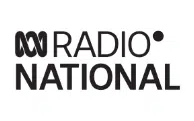What to Know About Recovery After Neck Lift Surgery
Model featured in photography
Understanding the recovery process after a neck lift is an important step in preparing for the procedure. Recovery involves specific care routines to support healing and maintain comfort, as well as managing any temporary swelling or discomfort. Each individual’s experience can vary, so personalised advice from a qualified practitioner is essential to help you navigate this journey.
In this blog, we share general information about recovery after the procedure:
Understanding Neck Lift Surgery
A neck lift is a procedure designed to address changes in the neck’s appearance. If you are considering this treatment, it’s essential to consult with a qualified practitioner to understand what the recovery process entails.
In most cases, the procedure takes two to three hours, and general anaesthesia is typically used. Depending on their situation and surgeon’s advice, some individuals were able to return home the same day after recovery from anaesthesia. Post-procedure care often includes wearing a bandage to help manage swelling, and a small drain may be placed temporarily to remove fluid buildup under the skin.
Immediately After the Procedure
Following a neck lift procedure, it is common to experience temporary tightness and numbness in the neck area. Some bruising may also occur, which typically improves within the first few days. The sensation of tightness and numbness can persist for several months in some cases, depending on the individual.
While initial improvements in the neck area may be noticeable, it’s important to follow your healthcare professional’s advice regarding aftercare. This includes keeping bandages in place until you are instructed otherwise to support healing and minimise potential discomfort.
Recovery is different for everyone. For tailored advice on recovery and aftercare, consult with your practitioner to ensure you have the information you need for a smooth recovery process.
Weeks After the Procedure
Recovering after a neck lift typically takes at least one week, though this can vary depending on individual circumstances and aftercare practices. During this time, it’s advisable to have someone available to assist you as needed and to follow the specific instructions provided by your healthcare professional.
While some people can resume normal activities within a few weeks, all patients, including those with physically demanding jobs or tasks requiring heavy lifting should consult their practitioner before returning to work. Strain on the neck area may impact healing, so modifying your activities until your practitioner advises otherwise is important.
Depending on how the area is healing, the small drainage tube, if used, is generally removed within a few days or weeks post-procedure, and stitches are usually taken out. Your practitioner will monitor your progress and provide personalised guidance to support your recovery.
Recovery is a Unique Journey
Recovery after a neck lift is unique for each individual, influenced by factors such as overall health, aftercare practices, and lifestyle. By being mindful of your practitioner’s recommendations and maintaining open communication, you can take proactive steps to prioritise your recovery and overall wellbeing.
If you want to learn more about neck lift surgery in Sydney and the recovery process, reach out to our Specialist Plastic Surgeon, Dr Jack Zoumaras. As a qualified professional, he can assess your unique situation and tailor a procedure and recovery routine based on your needs. Book a consultation today.
Disclaimer: At Artiste Plastic Surgery, our Plastic Surgeons led by Dr Jack Zoumaras have been trained to the highest possible degree. All surgery has risks and it is always advised to get a second opinion. Risks are very real and we cannot guarantee any result. Results are illustrated as a guide only. All risks are managed and any need for revision surgery or complications (1-5%) can be managed by our specialist plastic surgeons.
Any statements on how you will feel is based on Level V Evidence:
Level V: How you will feel after plastic surgery varies between individuals, depending on psychological and physical factors. Our internal research is based on how patients in our practice feel after surgery.
The blogs are not a substitute for a medical consultation and do not form as part of the doctor to patient relationship.
SHARE THIS ARTICLE
Jul01
Facelift Recovery Tips: What Speeds Up Healing and What to Avoid
Disclaimer: At Artiste Plastic Surgery, our Plastic Surgeons led by Dr Jack Zoumaras have been trained to the highest possible degree. All surgery has risks and it is always advised ...
Jul01
How to Prepare for Facelift Surgery: What to Do Before Your Big Day
Disclaimer: At Artiste Plastic Surgery, our Plastic Surgeons led by Dr Jack Zoumaras have been trained to the highest possible degree. All surgery has risks and it is always advised ...
ABOUT ARTISTE
Artiste Plastic Surgery is an Award Winning Specialist Plastic Surgery practice led by internationally trained Dr. Jack Zoumaras, Plastic Surgeon and Peer Reviewed Face Surgeon
Artiste offers the latest Cosmetic Surgical Procedures of the Face, Breast and Body, inspired from leading centres around the world.
STAY IN THE LOOP
Enter your email address below to receive updates on new articles and VIP access to promotions and special offers.
FOLLOW US ON INSTAGRAM










